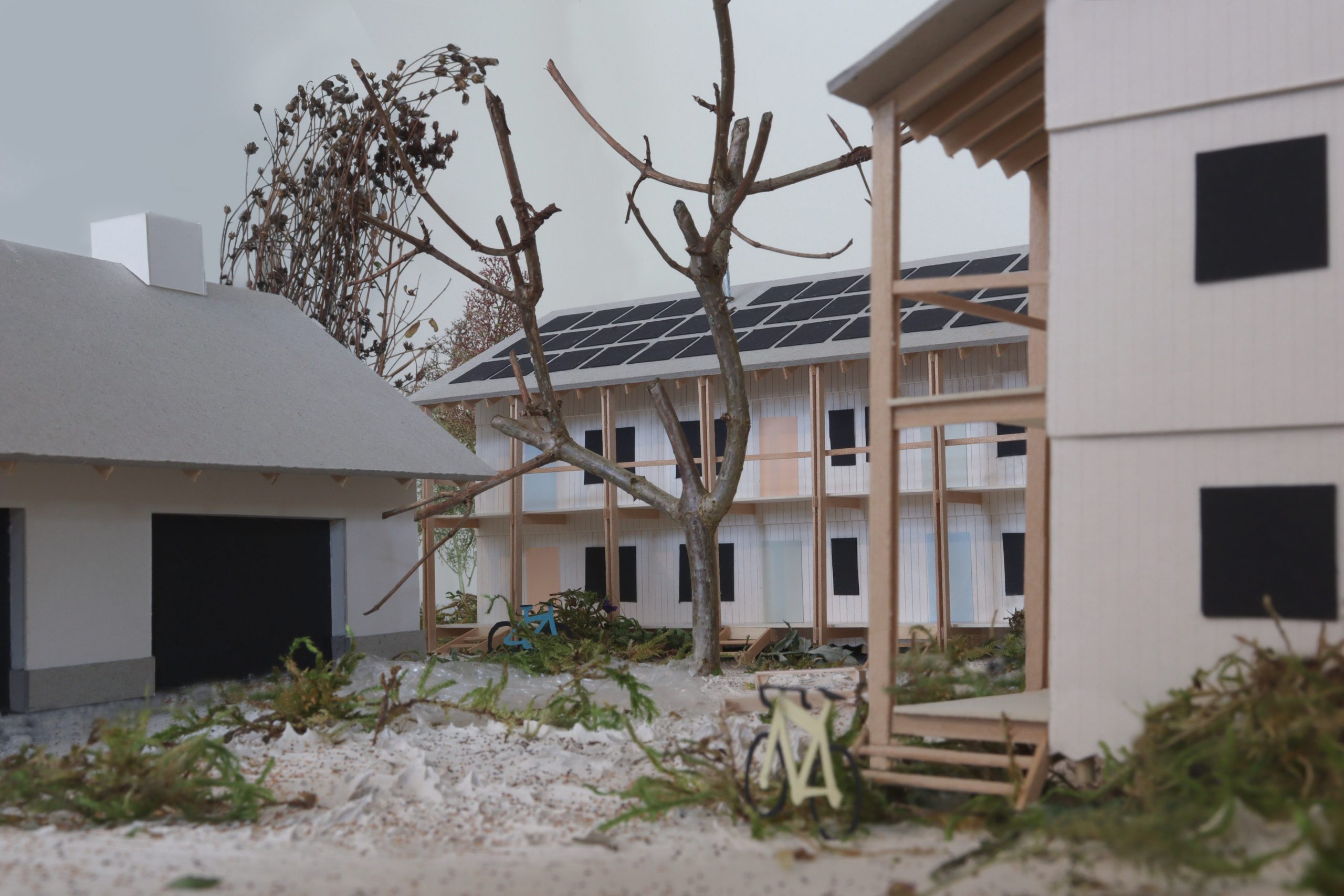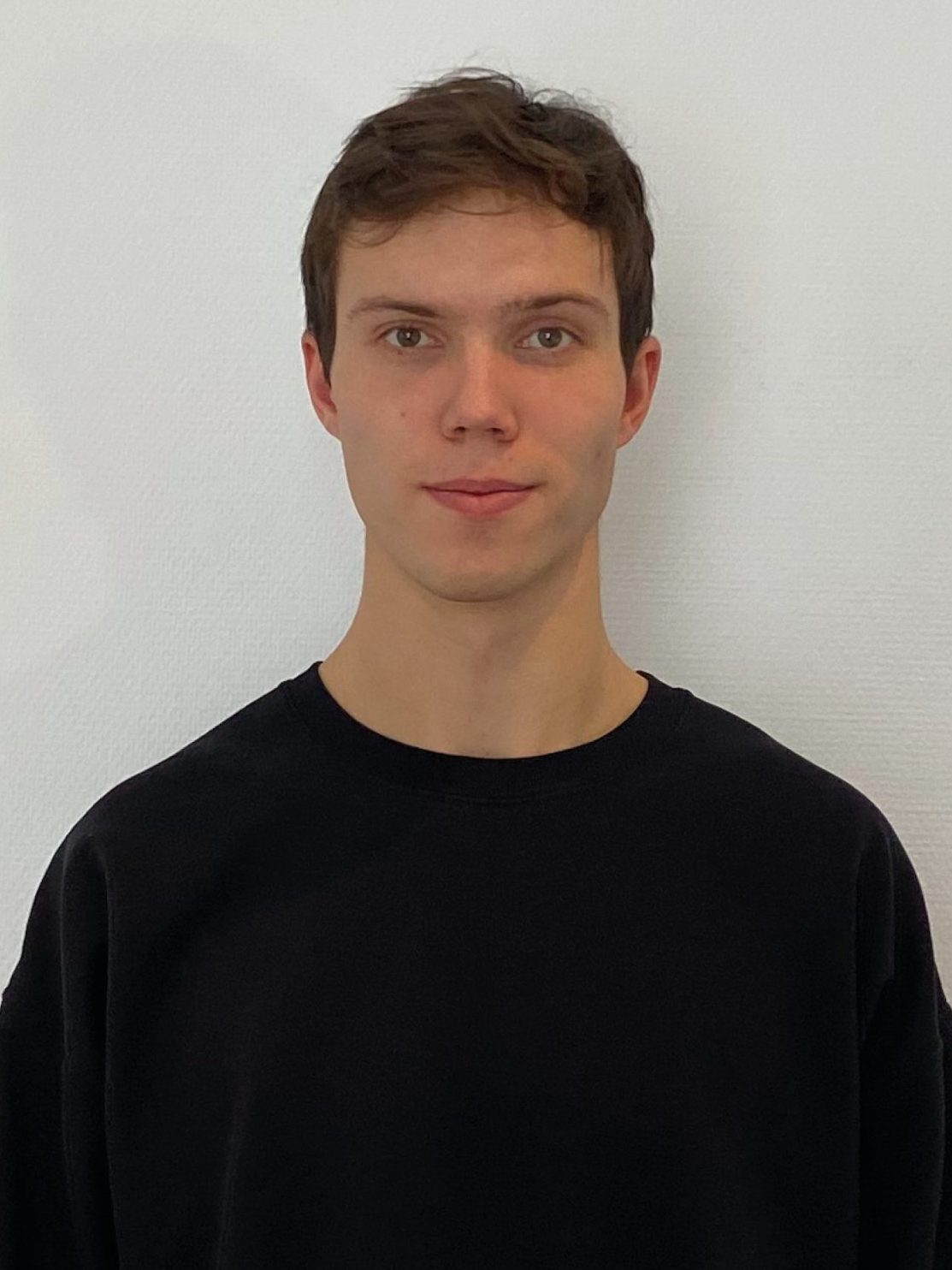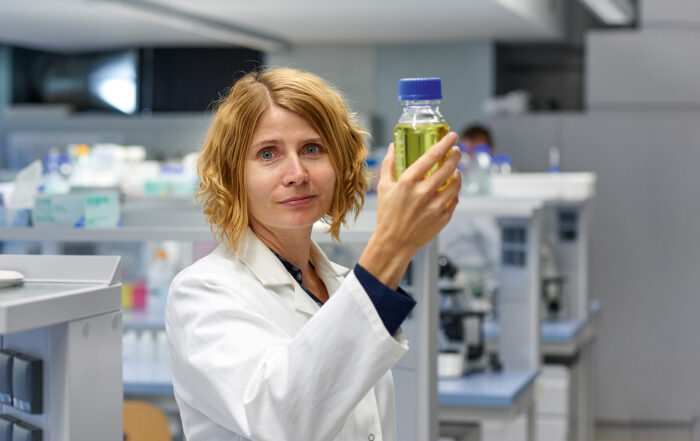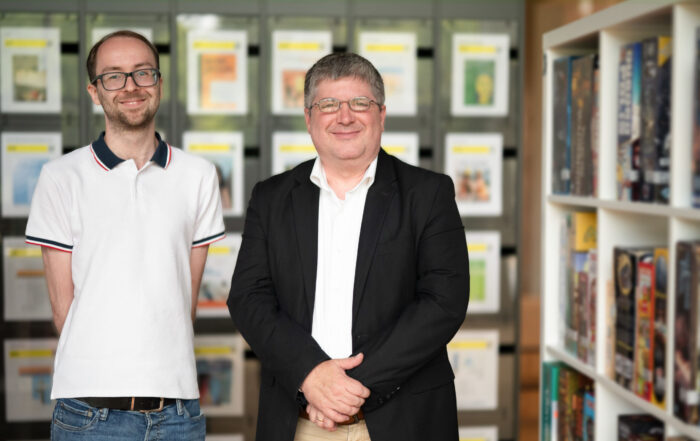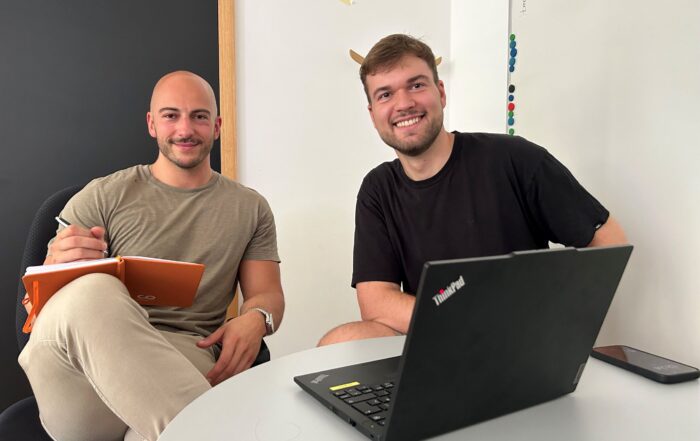10. July '24
From Natalie Schalk
“Zsamm wachsn” is the title of Philip Swoboda’s Bachelor’s thesis in the Architecture course at the Faculty of Design at Coburg University of Applied Sciences.
Using the community of Redwitz a.d. Rodach as an example, he developed structurally, ecologically and socially innovative approaches for future living and was awarded a recognition prize by the Bavarian Academy for Rural Areas. Rural areas and their development need new concepts.
Sometimes students have wonderful ideas for this: every two years, the Bavarian Academy of Rural Areas awards a prize for outstanding final theses.
Among many inspiring theses from 2022 to 2024 from different universities and in different disciplines, the jury also selected a thesis from Coburg University of Applied Sciences.
Philip Swoboda received the recognition prize for “Zsamm wachsn”, a bachelor’s thesis in the Architecture course at Coburg University of Applied Sciences, which was supervised by Prof. Dr. Rainer Hirth and Prof. Mario Tvrtkovic at the Faculty of Design . Resilient village structures and alternative living concepts Swoboda wrote his bachelor’s thesis as part of the research work of the Faculty of Design at Coburg University of Applied Sciences on the “Smaller Living in Redwitz” project .
It is about holistic transformation, sustainable housing concepts and resilient village structures in the countryside.
“Philip Swoboda thematically combines climate change, which is increasingly manifesting itself in extreme weather events, with the still prevalent land and resource-consuming settlement developments through single-family house areas in rural areas,” said the jury, explaining their choice.
With his focus on the threats posed by climate change, Swoboda highlights the urgency of holistic transformations and shows possible approaches in the structural, ecological and social areas in his proposal.
He uses the specific example of the Upper Franconian community of Redwitz to test the limits of feasibility.
He sees the village itself as an “initiator and driver of transformation”, which can take on an overarching role together with citizens and pioneers of change in order to launch resilient village structures and alternative living concepts.
According to the jury, Swoboda’s unconventional approach demonstrates a wide range of possibilities for action, even on a small-scale level.
The recognition of the award should encourage him to continue his “refreshing and creative way” of engaging with design practice to shape future rural living environments.


